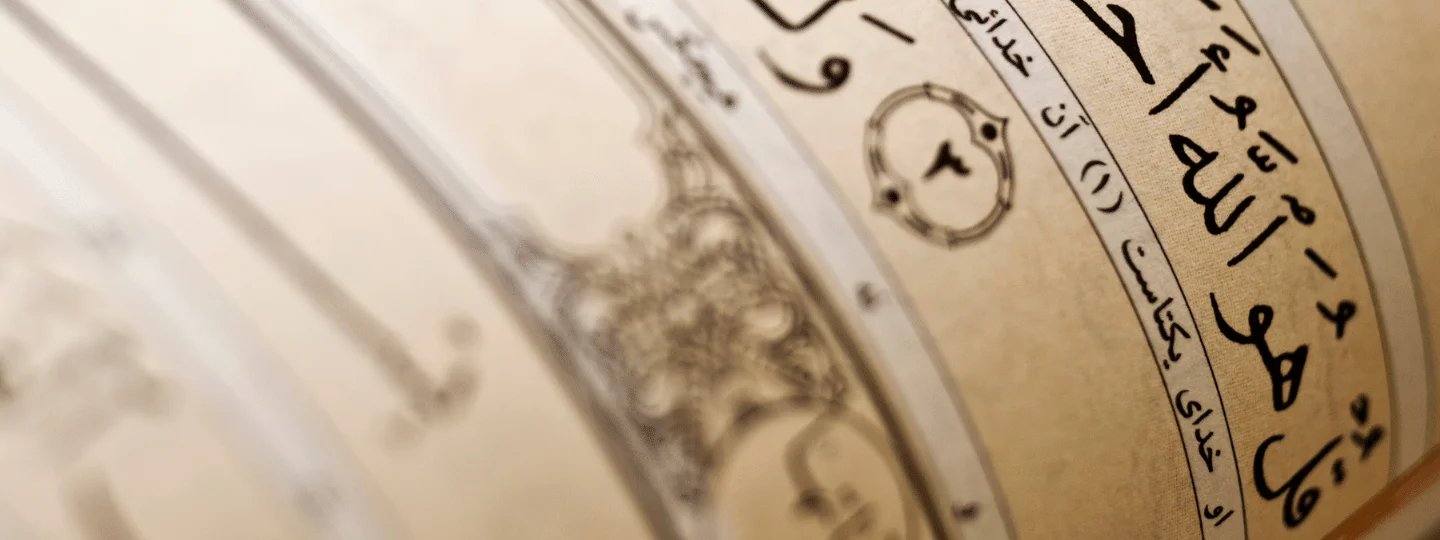Quran
Hadith
Islamic Text
بِسْمِ اللَّهِ الرَّحْمَنِ الرَّحِيمِ
In the Name of Allah Most Merciful Most Kind
Short Answer
If you are in the presence of a person who seems to be dying, it is good to recite the Shahadah, La Ilaha Ill Allah. There is a Hadith in Sahih Muslim which encourages us to do this. Additionally, in a Hadith in Abi Dawood, it is narrated that: Any person whose final words are La Ilaha Ill Allah will enter Jannah (paradise).
Hadith
أَبَا سَعِيدٍ الْخُدْرِيَّ، يَقُولُ: قَالَ رَسُولُ اللهِ صَلَّى اللهُ عَلَيْهِ وَسَلَّمَ: لَقِّنُوا مَوْتَاكُمْ لَا إِلَهَ إِلَّا اللهُ
Abu Saeed al-Khudri (May Allah Most High be pleased with him) narrated that the Messenger of Allah ﷺ said, ‘Make Talqeen (dictation) of La Ilaha Ill Allah (there is no god except Allah) to your deceased.’ (Sahih Muslim, 916 – 1).
In the Sahih Hadith above, this hadith encourages us to dictate La Ilaha Ill Allah (there is no god except Allah) to a person who seems to be close to death. Therefore, it is established as a Sunnah. Further, in the following Hadith below, one of the rewards for this practice has been mentioned. Namely, dictating ‘La Ilaha Ill Allah’ to a person who seems to be close to death, is a means of entering Jannah.
عَنْ مُعَاذِ بْنِ جَبَلٍ، قَالَ: قَالَ رَسُولُ اللَّهِ صَلَّى اللهُ عَلَيْهِ وَسَلَّمَ: مَنْ كَانَ آخِرُ كَلَامِهِ لَا إِلَهَ إِلَّا اللَّهُ دَخَلَ الْجَنَّةَ
(Sayidina) Mu’adh bin Jabal (May Allah Most High be pleased with him) narrated that the Messenger of Allah ﷺ said, ‘Any person whose final words are La Ilaha Ill Allah (there is no god except Allah) will enter Jannah (paradise).’ (Abu Dawood, 3116).
Classical scholars
Imam al-Nawawi included the above narration in his celebrated work Riyadh al-Saliheen. In this work, he claimed that all narrations are Sahih. Although there are very few exceptions that indicate otherwise, this claim was largely upheld.
Further, if the dying person is a Muslim, then it is best not to command him or her to take the Shahadah. Rather, one recites it in the dying person’s presence or prompts them to do so:
ويلقن بذكر الشهادة عنده من غير إلحاح ولا يؤمر بها
من غير إلحاح” لأن الحال صعب عليه فإذا قالها مرة ولم يتكلم بعدها حصل المراد “ولا يؤمر بها” فلا يقال له قل لأنه يكون فيشدة. (مراقي الفلاح شرح متن نور الإيضاح)”
Nur al-Idaah: He dictates (the Shahadah) to him by mentioning it in his presence, without insistence. And he should not be commanded to do it.
Maraaqi al-Falah: Without insistence. This is because he is in a difficult situation. If he says it once, and does not speak thereafter, then the goal has been achieved. He is not commanded to say it. So one is not to address him with ‘say.’ Since he is in a situation of hardship. (Imam Hasan bin Amar al-Shurunbulali).
And Allah Most High Knows Best.
–Answered by Shaykh Noorud-deen Rashid (25.05.23)






